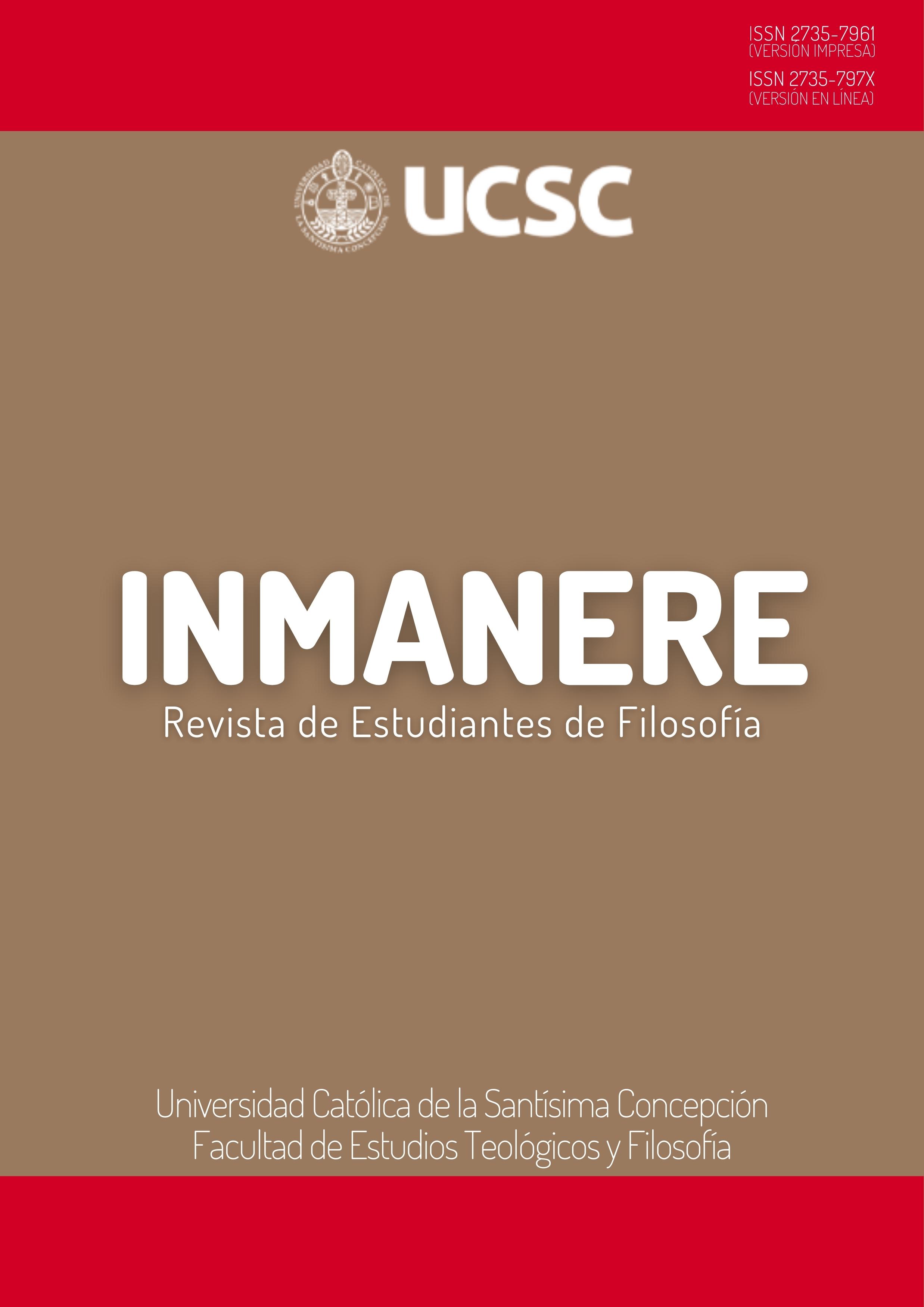Immanuel Kant and the German Enlightenment
Main Article Content
Abstract
The following essay aims to present the philosophical thought of the main exponents of the German Enlightenment, who have directly and indirectly influenced Immanuel Kant's philosophical work. I have focused on the contributions of four of them, Christian Wolff (1679-1754), Alexander Godfrey Baumgarten (1714-1726), John Henry Lambert (1728-1777) and John Nicholas Tetens (1736-1807). The philosophical system of each of the authors will be briefly developed, and it will be sought to clarify what they contributed to the elaboration of Kant's thought, with emphasis on his work The Foundation of the Metaphysics of Morals.
Article Details
Section

This work is licensed under a Creative Commons Attribution-NonCommercial 4.0 International License.
The work is licensed under a Creative Commons Attribution 4.0 International License. This license allows sharing and adaptation of the material in any medium or format, even for commercial purposes. Proper attribution must be given, including a link to the license and indicating any changes made to the material. No additional restrictions may be applied that legally limit others from exercising the permissions granted by the license.
How to Cite
References
Abbagnano, N. (1994). Historia de la Filosofía. Hora.
Kant, I. (2007). Fundamentación de la metafísica de las costumbres. Riga.
Romero, F (2017). Kant y los orígenes del idealismo alemán. Anuario de Filosofía Argentina y americana, (34). 225-248.
Simesen, M. (2020). Tiempo e interpretación en la teoría de la relatividad. Franciscanum, (60). 170. https://doi.org/10.21500/01201468.3900 DOI: https://doi.org/10.21500/01201468.3900




